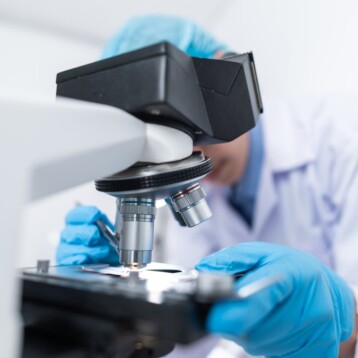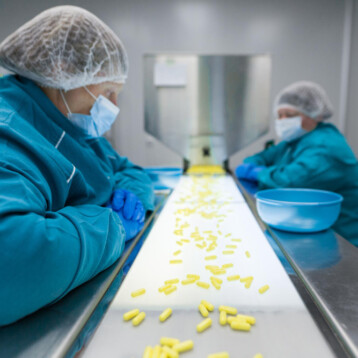|
The research began from a genetic disease called tuberous sclerosis complex, or TSC. Half the patients afflicted with TSC also have some form of autism and many have severe mental retardation. Even in the mild cases of the disease some learning disabilities and short-term memory problems often arise.
The UCLA researchers created a mouse model for TSC and tested Rapamycin, which is commonly used to fight tissue rejection in patients after organ transplants. Rapamycin was chosen because it is known to target an enzyme involved in the production of proteins needed for memory. The same enzyme is influenced by TSC proteins and accordingly, the TSC mice suffer from learning disabilities.
Dr. Alcino Silva and Dan Ehninger, both from the David Geffen School of Medicine at UCLA ran the experiment on TSC mice. First of all they verified that the TSC mice did have learning problems. Then they discovered that the learning problems were caused by biochemical changes which disrupted healthy hippocampal function (a brain structure that plays a key role in memory). These findings suggest that the mice have a specific problem with making the distinction between important and unimportant data while learning.
Three days after the beginning of Rapamycin treatment, the TSC mice’s learning was up to the level of healthy mice’s. Rapamycin corrected the biochemistry and restored hippocampal function, thus reversing the learning deficits and allowing the mice to create proper memories. This reversal of a learning dysfunction in adult mice suggests that the changes in proper brain function in human TSC patients does not result from a structural abnormality, but is a reversible biochemical disruption.
It’s too early to say that a cure for autism has been found. Even if the drug will work in humans as it does in mice, it will probably only improve the autism sufferers’ learning problems, but will not normalize them. Currently Rapamycin clinical trials are conducted by Dr. Petrus de Vries at England’s University of Cambridge. Yet more research is needed to see whether Rapamycin can improve short-term memory in TSC patients or other patients suffering from autism spectrum disorders.
TFOT has recently covered the story of a transgenic mouse model that explains the phenomenon of autistic savants. We also covered several stories on the mechanism of memory creation, such as a research conducted at the Weizmann Institute, in which scientists discovered an enzyme capable of erasing memories by disrupting the synapse maintenance and the story of a mechanism allowing for memory deletion, which was discovered at the Bristol University.
More information on the UCLA rapamycin research can be found at UCLA’s website.











